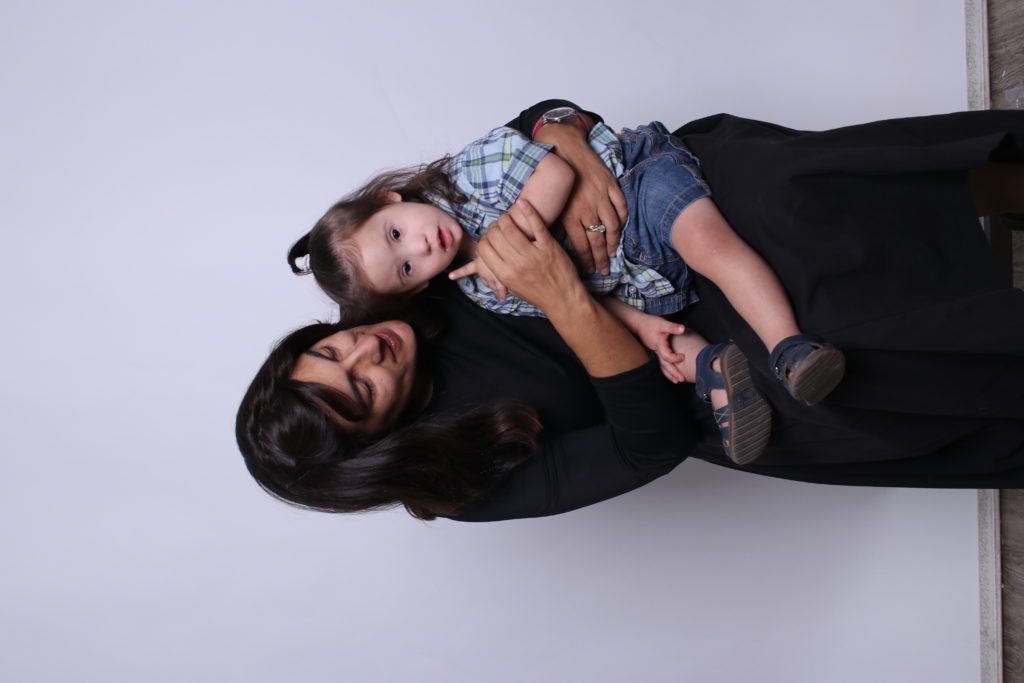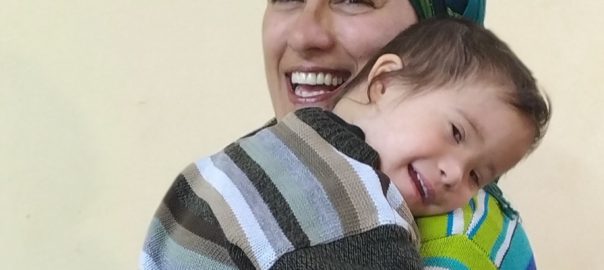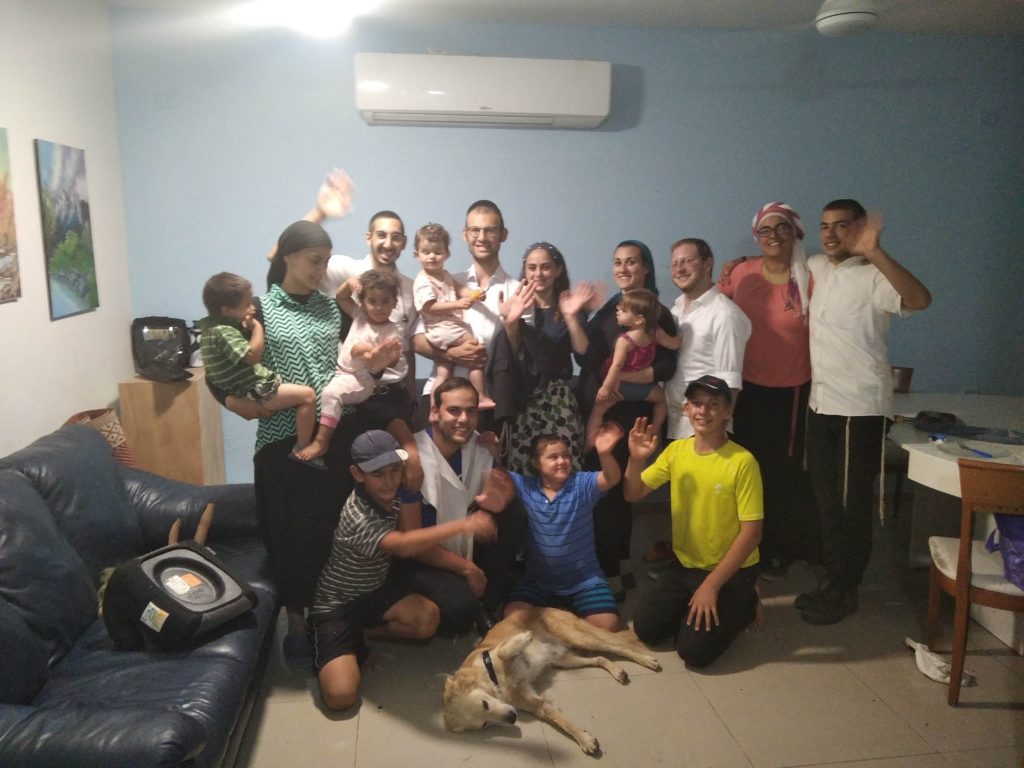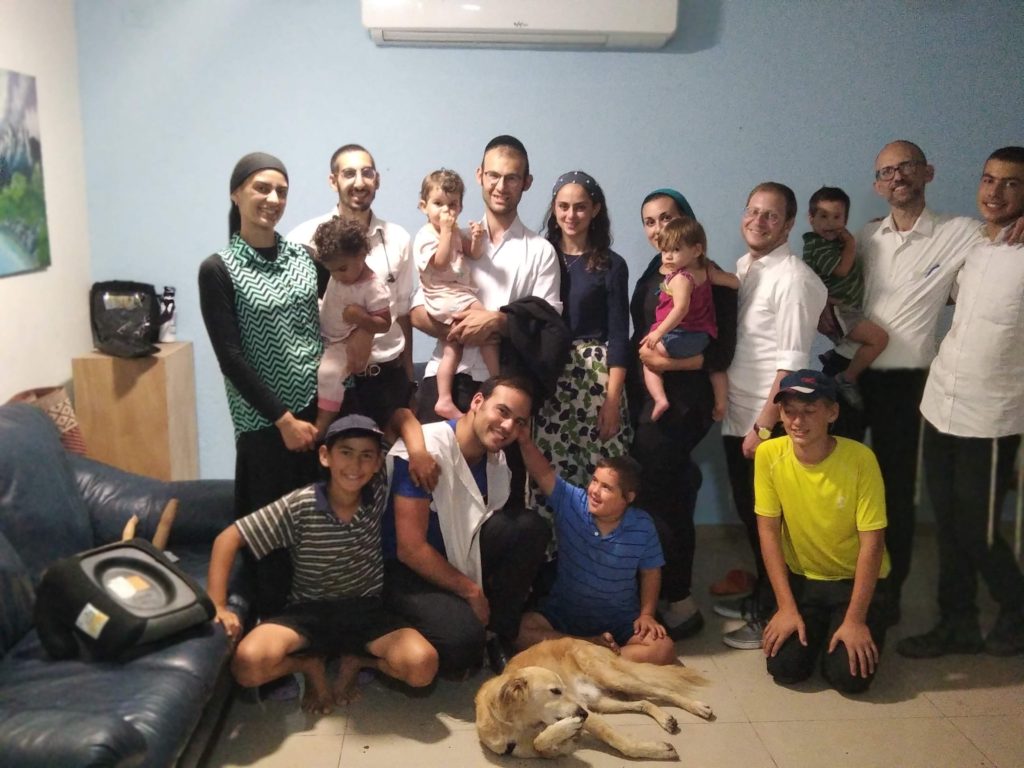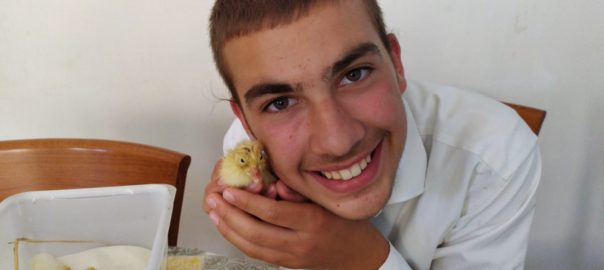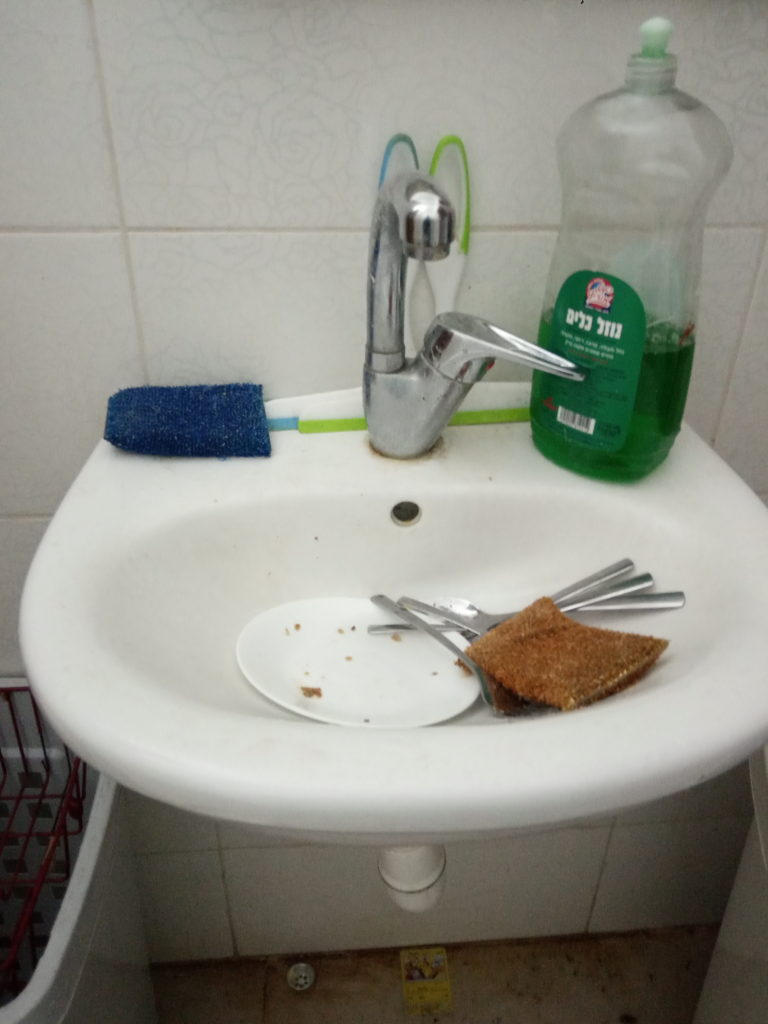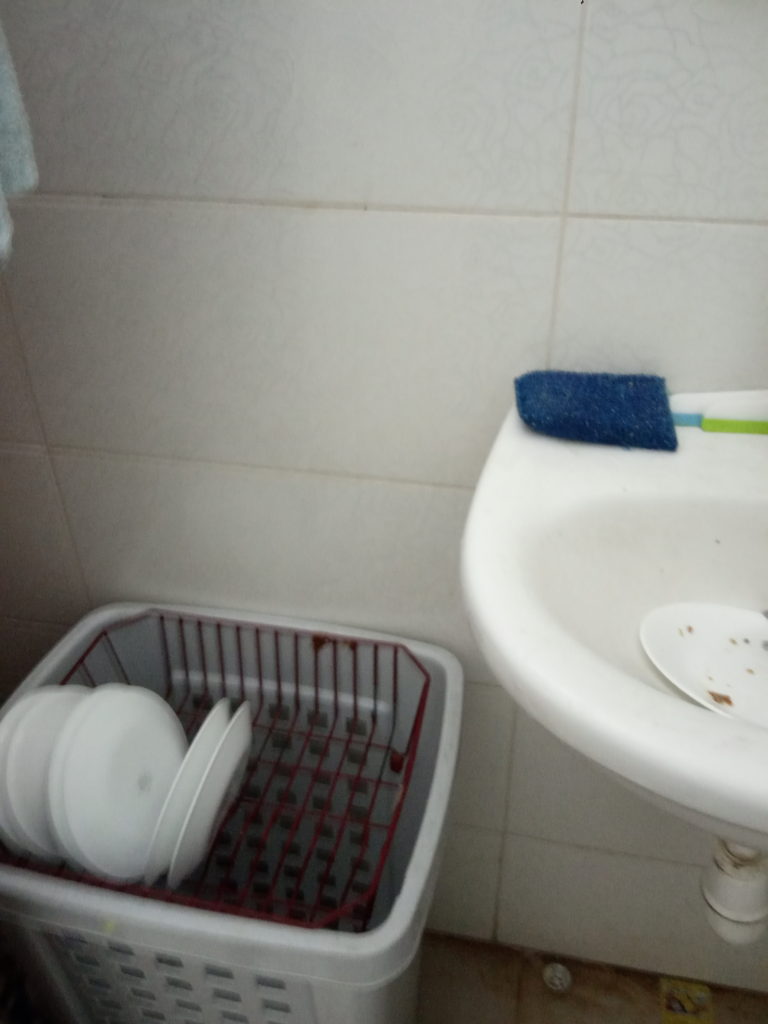From the time that we shared our plan to move to northern Israel, almost every single person has asked, “What about schools/special ed services?”
Great question. And my not so great answer is, I really don’t know. I do know that there are no options where I live in Yavneel itself.
As far as high school goes, there is a very small learning program locally that we hoped would be a good option for ds14 and allow him to live at home, being that I have a strong preference not to send to a dorm. However, it’s not going to continue next year and even if it would, it wouldn’t meet his needs for an extended period. (It’s been great for this in-between time, though, and I’m very grateful it’s here.)
And that’s why just three weeks ago, we began the search for a suitable high school for ds. However, it’s not ideal to embark on this search long after registration has closed and the roster is full, to put it mildly.
After several conversations with ds14, it became clear that he doesn’t want to board with a family, and that knocked off the top option (it doesn’t have a dorm).
The head of the program locally asked someone who knows all the school options to come and meet him to see what he thought would be a match for him. Interestingly, he suggested the yeshiva in Karmiel – the same one that we chose not to send to, even when living in Karmiel!
When I heard this option, I had a strong knee jerk reaction to say, ‘Absolutely not!!!’ but it’s a sign of maturity to consider things with new eyes, right? It’s an excellent yeshiva with a nice student body (two of the students are still good friends of his), we know a number of the families that send there, it has the sense of being somewhat familiar because it’s located in the area we used to live in (it eases the transition when living away from home), there is less travel time than the other options, and it’s affordable.
These were all positives and I was grateful when ds had his interview and was accepted.
Then he went to visit the school.
I assumed this would be where he would go since he had a good feeling about it, and despite my personal preference for a broader academic/social focus, what matters most to me is that it’s a good fit for my son.
However, he came home very clear that he wouldn’t go there. I asked him for reasons and he responded, ‘You always tell me to listen to my intuition. And I’m telling you I don’t want to go there, I don’t know why exactly.”
I told him that while it’s enough for me, it’s helpful for all of us to know what he doesn’t want to help us hone in on what he does want. (He did go on to share some things that didn’t fit for what he wanted.)
We then contacted the principal of the high school that ds21 attended. This is a school with a strong academic program for Judaic and secular studies. Ds21 smoothed the path for us by being in touch with him directly a couple of weeks before and telling him about his brother.
When my older son attended this school, he had something like twelve kids in his class. There are now two classes of 25 for the incoming freshman class, which is their full capacity. Registration has been closed for months.
However, we were now approaching them as the parents of a student who was a remarkable asset to their yeshiva – when my husband took ds for an interview, they told him that ds21 was a ‘foundation stone’ of the yeshiva. (When ds21 spoke at his graduation as his class representative, he was introduced with the statement: ‘We can’t overstate how much this student has done for this school’.)
This was a really good experience for us. We weren’t begging someone to accept our son, or dealing with an administration acting as if they would be doing a big favor for us by taking our son. They told us that although they were at maximum capacity, they were going to accept ds14 anyway.
Ds14 had a really good feeling after visiting. When he was introduced to another staff member as ‘B’s younger brother’ and then asked if he minded being referred to as such, he said, no, he didn’t mind. ‘But’, he added, ‘by the time I graduate, people are going to be referring to him as my older brother!’ I love that he felt confident and comfortable enough to say that.
We’re all really glad to have wrapped up the search for a school, and ds14 is feeling much more relaxed knowing where he’ll be going in a few weeks. (If school opens – which is very much not a given!)
**************************
I want to share a little more about my dilemma in choosing a school. Why didn’t I go right to the second school?
I always have this conflict about appreciating a conservative religious program and not wanting the pressure that usually comes along with it. I feel it’s important that kids have room to be without a long list of expectations on them. Not because any of my kids would have a problem with the rules, but because whenever there are strong demands, there is the potential to create strong resistance and kickback. (This is a hugely significant consideration for us.) I think it’s asking for problems to put your child in a very small box without much room to maneuver.
This is my main issue with mainstream charedi yeshivas at the high school level, and my choice has always been to send to a more open school, where our kids end up being the stronger ones religiously. There is a danger is this, too, that a child will be pulled down by their peers.
The second yeshiva has a student body that is coming from homes where parents want a dual curriculum, like us. This is the norm in the US and why we are very comfortable with it. I very much appreciate the strong education they provide that allows students to compete with anyone in the country when they graduate. But here it’s not the norm in charedi society, and most charedi parents would consider a program like this a religious compromise.
Note: the school has a charedi staff and orientation. Most of the students are coming from what I would call ‘open charedi’ homes. It’s not for kids who are struggling religiously. When they graduate, many of the students go on to strong mainstream charedi yeshivas (some go on to other options). However, the broader academic approach means the student body has more technology use and exposure to things that would be less common in the mainstream charedi world.
Although the school is also much more expensive than the first option (four times the price!), our main concern was the potential social influences. This is a choice we make very carefully every single time, after a great deal of thought and discussion about the child, his personality and what will best support him.
Avivah

